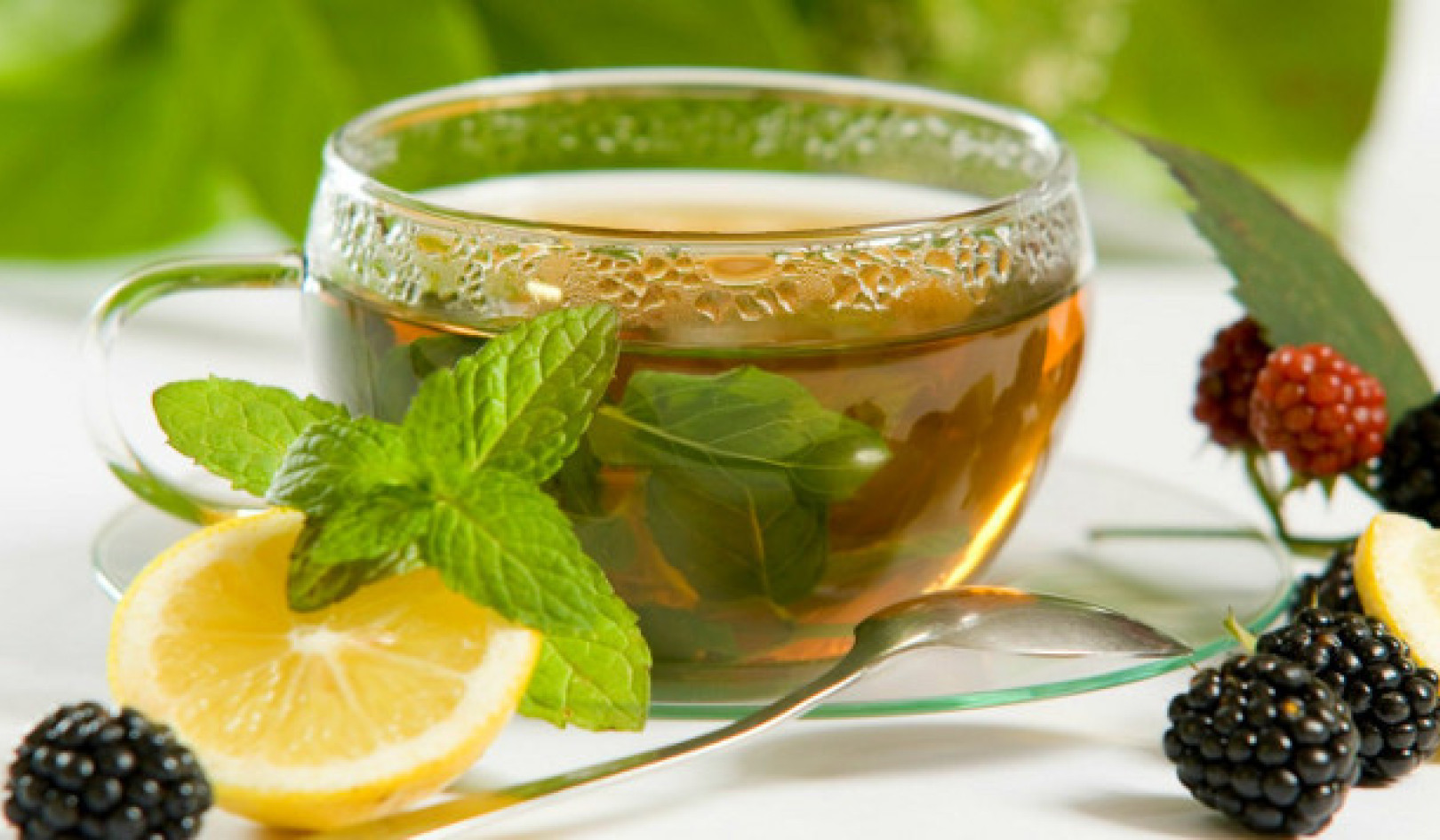
One out of ten Americans die from too much salt
There are many things in our environment that affect our health. For example, if you live in LA, you know you're breathing in smog. When I lived in Orlando, I was dismayed to find that the I-4 corridor (one mile from where I lived) had the highest level of soot in the state. Short term, the only thing you can do to avoid things like this is to move away. Or yes, I suppose you could walk around wearing a gas mask.
But there are some things that are easier to control. If eating salt increases your risk of autoimmune diseases, MS, asthma, eczema, high blood pressure, etc. you do have some control on that. You can read labels on processed foods and monitor the sodium content of the foods you purchase. You can also cut the amount of salt you add to foods and switch to a more nutritionally balanced and natural salt.
Could junk food increase your risk of MS, asthma and eczema? Scientists link SALT to autoimmune diseases for first time
- First time excess salt has been linked to these diseases, say the researchers
- Salt appears to affect how certain cells in the immune system work
- Mice fed a high-salt diet also had higher levels of inflammation
- Humans did not evolve eating high-salt diets, which may be the problem
DAILY MAIL - The modern diet of takeaways and microwave meals could be to blame for a sharp increase in conditions such as multiple sclerosis, say scientists.
Multiple sclerosis is one of a host of autoimmune diseases, including alopecia, asthma and eczema, where a person's immune system attacks itself in error.
Now a team of scientists from Yale University in the U.S and the University of Erlangen-Nuremberg, in Germany, say salty diets could be partly to blame.
"This study is the first to indicate that excess salt may be one of the environmental factors driving the increased incidence of autoimmune diseases," they said.
Continue reading this article...

The expression "salt of the earth" means "the best" or "a worthy person" perhaps implying that salt is the best and a worthy additive? It gets added to processed food, and then we can't seem to cook without it. Making pasta or rice? Add salt to the water! Cooking vegetables, add salt upon eating! Even with foods such as oatmeal eaten with a sweetener such as sugar or maple syrup, we are told to add salt to the cooking water. Salt has become a "can't do without" ingredient...
When you read labels of the products you buy and look at the amount of sodium, it may "blow you away". A 1/2 cup of granola may have 135 mg of salt; Jimmy Dean's cooked turkey sausages have 460 mg per 3 links; a plain large tortilla to make a wrap has 310 mg of sodium. So how much is that? One teaspoon of salt is equivalent to about 2,300 milligrams of sodium. The problem is that if you were to add up all the salt in every single thing you eat, you'd probably be shocked. Especially if you eat any processed foods including store-bought bread. Even Thomas' whole grain English Muffins have 200 mg each.
Are You One Teaspoon of Salt Away From High Blood Pressure?
Daily Requirements: Our body only requires 460 milligrams of sodium (about 1/5 of a teaspoon of salt) to maintain good health. The American Heart Association sets the upper limit for sodium at 2,300 mg per day (about 1 teaspoon of salt) for healthy Americans. For people who have high blood pressure, heart disease, diabetes, or kidney disease, the recommended amount may be lower.
It All Adds Up: You may be surprised at how easy it is to reach the equivalent of 1 teaspoon of salt a day, even if you're not using the salt shaker. And keep in mind that even when foods are low in calories and fat, they may not be low in salt. Most people in the U.S. eat two times more salt each day than the recommended amount, according to the American Heart Association (AHA).
Continue reading this article...
I remember years ago after hearing a long list of salt's detrimental effects, I quit salt "cold turkey" -- or at least I stopped adding any salt to my food and for me that was a major thing. I usually added salt to the foods I ate even before tasting them. What most amazed me is that for the first three weeks the food I ate had no taste -- at least my taste buds didn't think so. But after three weeks, the flavor returned! I could actually taste the flavor in a cucumber or a tomato without adding salt!
You may not decide to banish salt from your diet as I did many years ago, but you might want to try that as an experiment. Quit for a month! You'll discover what salt has done to your taste-buds and how that led you to believe that foods have no taste unless they have salt. Plus you'll be doing your health a big favor. When you do go back to eating salt, you'll find that you need much less to make a difference in the taste.
These days I do use some salt in cooking but I keep it to a low roar. I prefer to use herbs and spices to add extra flavor to food. After all salt is a preservative, and I'm not ready to be turned into a mummy yet.
Salt and processed foods linked with autoimmune disease and early mortality
THE EXAMINER - Researchers from three different studies reported in the journal Nature identified an association between dietary salt and the development of autoimmune disease. This precedes a study published yesterday that links the consumption of processed foods with an increased risk of early death due to cardiovascular disease and cancer.
According to the Voice of America, researchers were studying the gut bacteria of 100 human subjects and found that those who ate at fast food restaurants had high levels of inflammatory T-cells. The protective, “fighter” T-cells are usually mobilized by a healthy immune system to respond to injury or pathogens. In autoimmune diseases, however, the body’s normally protective immune system, including the T-cells, begins to attack and destroy healthy tissue and organs. Previous research suggests that a subset of these cells, Th17, also play a critical role in the development of autoimmune diseases.
Researchers at Yale and colleagues at University of Erlangen-Nuremberg in Germany sought to find out whether high salt content in one’s diet might induce the destructive immune system response that marks autoimmune disease. They found that mice fed a diet high in refined salts saw a dramatic increase in the number of Th17 cells in their nervous systems that promoted inflammation. These mice developed a more severe form of an MS animal model, experimental autoimmune encephalomyelitis.
Continue reading this article...
1 in 10 U.S. Deaths Blamed on Salt
ABC NEWS - On the heels of a study linking sugary drinks to 25,000 U.S. deaths a year, new research suggests salty food is even more dangerous.
The new study, by the same Harvard research team, linked excessive salt consumption to nearly 2.3 million cardiovascular deaths worldwide in 2010. One in 10 Americans dies from eating too much salt, the researchers found.
“The burden of sodium is much higher than the burden of sugar-sweetened beverages,” said Dr. Dariush Mozaffarian, an epidemiologist at the Harvard School of Public Health and author of both the salt and sugary drink studies. “That’s because sugar-sweetened beverages are just one type of food that people can avoid, whereas sodium is in everything.”
Continue reading this article...
Recommended Book:
Fresh and Healthy DASH Diet Cooking: 101 Delicious Recipes for Lowering Blood Pressure, Losing Weight and Feeling Great
by Andrea Lynn.
 Cutting back on calories and salt doesn’t have to mean sacrificing flavor. Offering mouth-watering dishes, beautiful full-color photographs, and waistline-friendly tips, Fresh and Healthy DASH Diet Cooking is the ultimate guide to eating well and feeling great. With its emphasis on fresh ingredients, low sodium, and portion control, DASH (Dietary Approaches to Stop Hypertension) is the best diet for a fit lifestyle.
Cutting back on calories and salt doesn’t have to mean sacrificing flavor. Offering mouth-watering dishes, beautiful full-color photographs, and waistline-friendly tips, Fresh and Healthy DASH Diet Cooking is the ultimate guide to eating well and feeling great. With its emphasis on fresh ingredients, low sodium, and portion control, DASH (Dietary Approaches to Stop Hypertension) is the best diet for a fit lifestyle.
Click here for more info or to order this book on Amazon.






























